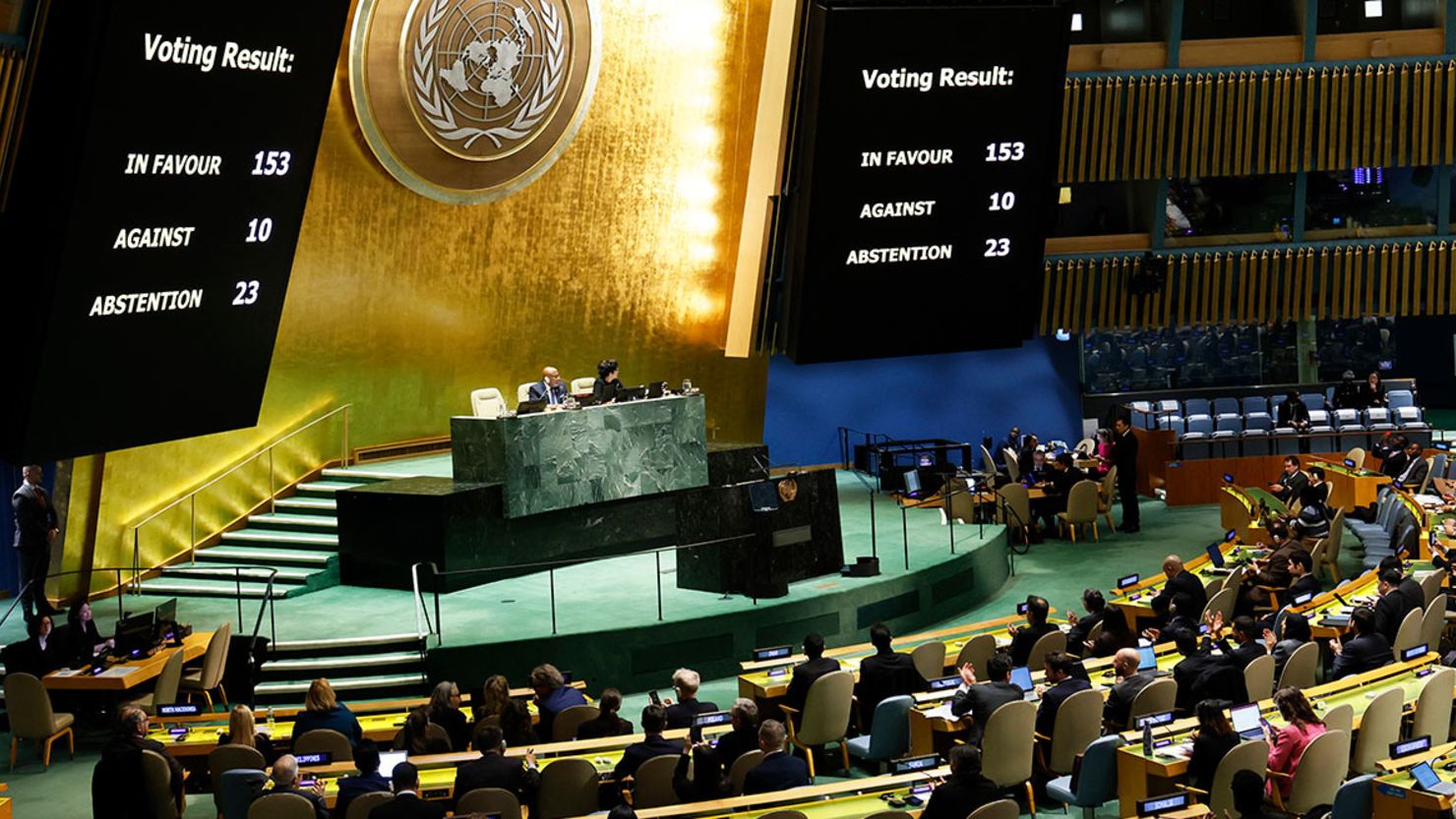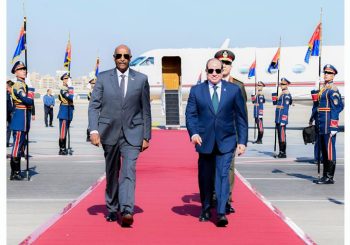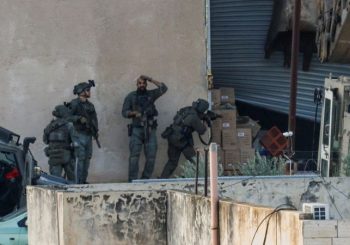In a powerful demonstration of global support for ending the war on Gaza, the United Nations General Assembly voted on Tuesday 12 December to demand an immediate humanitarian ceasefire in Gaza.
The resolution received support from 153 members of the 193 members, faced opposition from 10, and had 23 abstentions. The United States and Israel, along with eight other countries: Austria, Czechia, Guatemala, Liberia, Micronesia, Nauru, Papua New Guinea, and Paraguay were against the resolution.
Unlike Security Council resolutions, General Assembly decisions are not legally binding, meaning that countries are not obligated to implement them. However, the resolution’s passage sends a powerful message, urging nations, especially the United States to regard UN demands as binding and uphold international humanitarian law. It also demands that all parties comply with international humanitarian law.
The assembly rejected a proposed amendment by the United States to include a paragraph condemning “terrorist attacks by Hamas.” Another amendment by Austria, suggesting that captives held by Hamas and other groups should be released immediately, also did not pass the vote.
The United States’ veto of a previous Security Council resolution demanding a humanitarian ceasefire prompted Arab nations to call for the emergency session of the General Assembly. As Israel refrains from endorsing calls for a ceasefire, the United States, its closest ally and a major arms provider, has voiced concerns about diminishing global support.
The resolution emphasizes that a ceasefire is crucial not only to protect civilian lives but also to enable the delivery of vital humanitarian assistance to Gaza’s besieged population. With infrastructure in ruins and severe shortages of water, medicine, and food, the situation in Gaza has been deemed “catastrophic” as per the World Health Organization (WHO).
UN officials have warned that more people may be killed from diseases (bloody diarrhea, jaundice, acute hepatitis, respiratory infection), and hunger than from bombs and missiles. The resolution’s demand for a ceasefire aims to create a window for the delivery of much-needed humanitarian aid, ensuring the well-being of civilians trapped in the conflict zone.
THE CONFLICT SO FAR
After a surprise attack conducted on 7 October by Hamas on a number of southern Israeli towns which resulted in the deaths of an estimated 1,200 people and more than 220 being taken hostage by Hamas, Israel launched a retaliatory bombing campaign against what it describes as ‘terrorist targets’ in the Gaza Strip.
Over 18,000 Palestinians have been killed in the Gaza Strip — including at least 7,000 children — and over 41,316 others injured. Meanwhile, at least 259 Palestinians have been killed in the West Bank and at least 3,365 have been injured.
The priority of the Egyptian government since the beginning of the conflict has been de-escalation and the securing of a path for aid to enter the Gaza Strip through the Rafah crossing. Israel bombed the crossing at least six times, and limited aid trucks have crossed to Gaza so far, which UN officials warn is insufficient amid dire humanitarian conditions.
Most Western countries, with the United States at the forefront, have expressed unconditional support for Israel, despite the steadily rising death toll in Gaza. Meanwhile, the United Nations General Assembly has issued a resolution calling for a ceasefire.







Comment (1)
[…] post UNGA Votes for Immediate Gaza Ceasefire: 153 Nations Stand Together first appeared on Egyptian […]